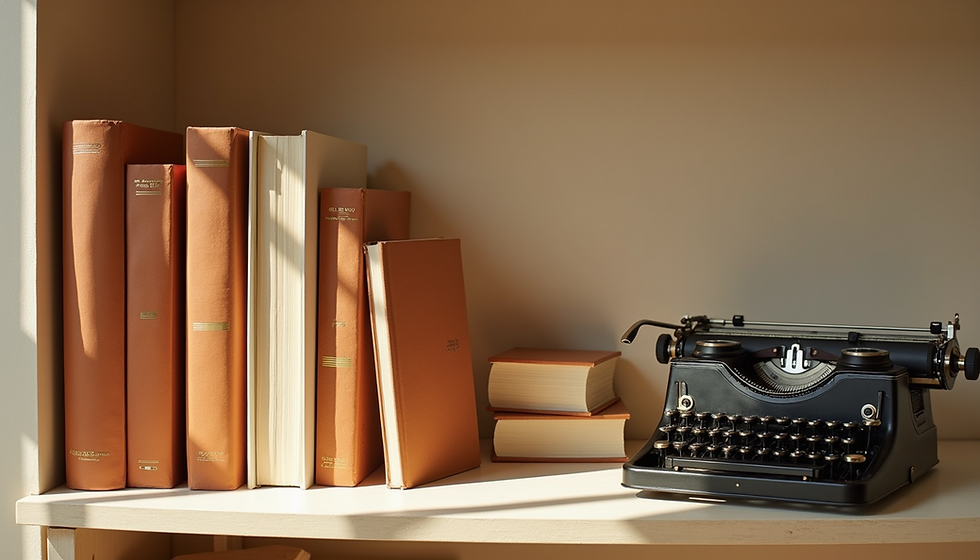Your Art is Your Voice
- Dalton Alexander
- May 7
- 2 min read

My views on art have changed as I’ve grown my own artistic voice, but one view I’ve always held is that art, no matter in what medium or what topic, is inherently political. Art is a product of its time, of the social and cultural attitudes informing its time, and of the author’s thoughts and feelings at that time. By virtue of existing in that moment, art, therefore, communicates something about the era it exists in, as well as the author's place in that era. In The Invisible Man, Ralph Ellison candidly addressed the psychological fracturing inflicted upon young Black men seeking individuality and identity in the 20th century. Likewise, Charlotte Bronte in Wuthering Heights sought to dissect the fantasy of the nuclear family, revealing it as a political institution that perpetuated the systemic advantages of white men and the disenfranchisement of women and people of color.
In Star Wars, George Lucas sought to explore the rise and fall of nations due to turbulent political climates, the ascension of a fascist regime over a gullible majority, and the ability of people to rise above their oppressors by coming together and forming a community. Art is political, and art is vocal. An artist has the ability to send a message with their work, to communicate with their world through dazzling images, evocative prose, and swelling soundtracks. Artists can also teach; Jurassic Park taught us about the dangers of scientific advancement and genetic engineering, forcing us to question whether or not we should given into the allure of progress and step over the precipice of discovery.
In coming to understand this, I realized that I, as an artist, have the ability to say something about my moment in time that is both an expression of my own views and a critique of my time’s current values. I can speak with my time, and that is something I endeavor to do in my work.


Comments